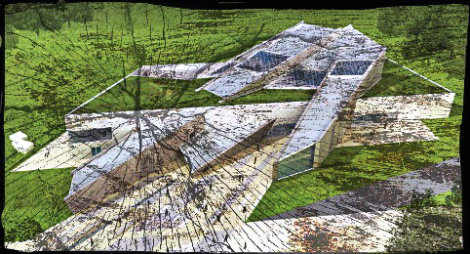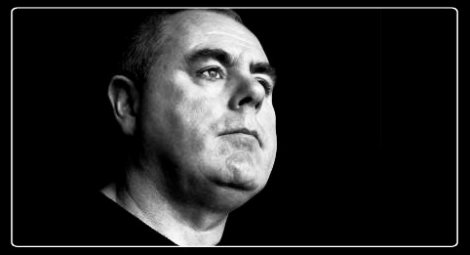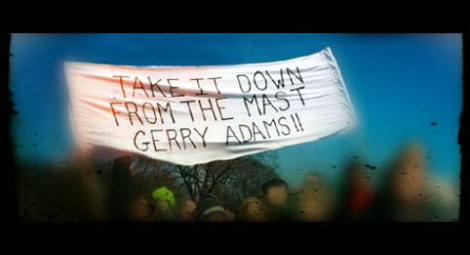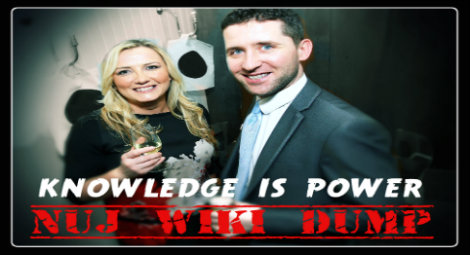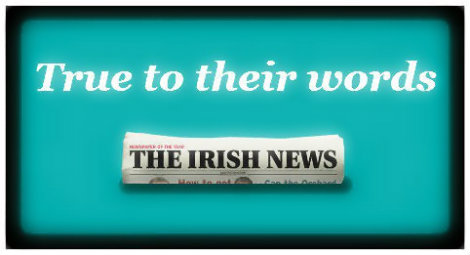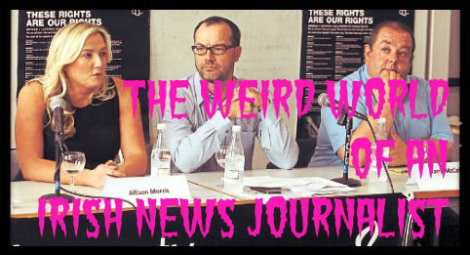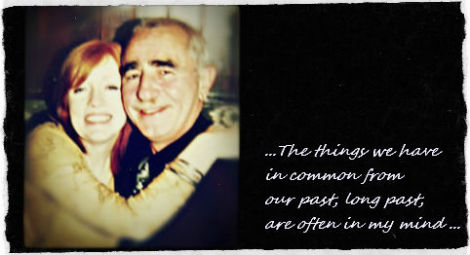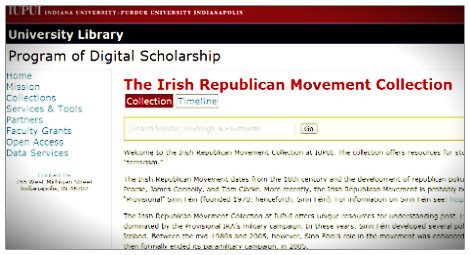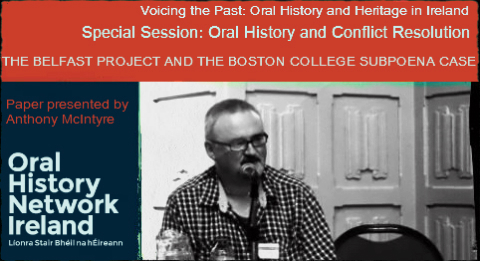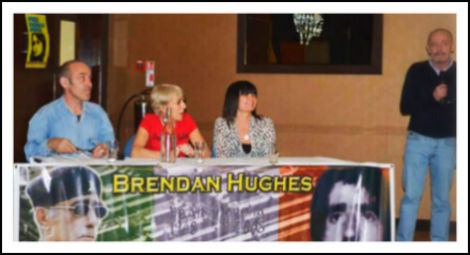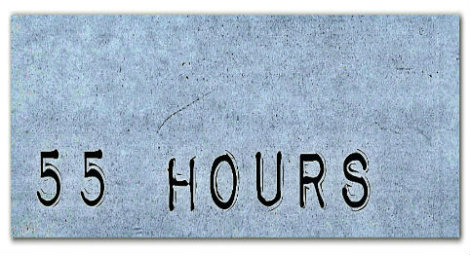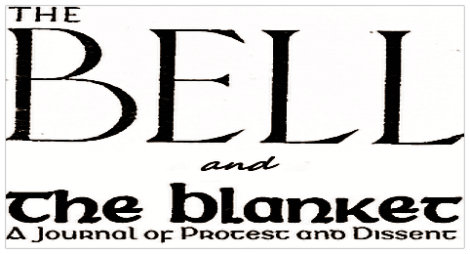And there was me believing Malachi O Doherty when he told us religion was on the decline and the pulpits were emptying. He should have been down here today. That would have tested his faith in the decline of faith. He would have felt he was reliving our experience of two years ago on the Glasgow boat to Belfast when we both got on the one taking Rangers fans home, every Ibrox devotee in Ireland it seemed. Neither of us Catholics yet we could have been thrown overboard for being Catholics. A curious irony would have descended upon us as we bobbed about in the Irish Sea had that fate befallen us, followed by horror that we might be canonised as martyrs for the faith.
Looking around for a few Muslims I could take cover amongst under the mistaken belief that there would be safety in numbers, that the all-powerful might just not find me if I stuck my butt in the air, poked my nose east and pressed my forehead to the ground to hide the fact that my head was clear, I was quickly disabused. I wouldn’t even get away with the Rowan Atkinson excuse that I was only looking for a lost contact lens. They might peacefully kill me before a divinely guided thunderbolt from up there somewhere hit me square where the black mark ought to have been. I am no more into Koranic claptrap than I am into biblical balderdash. So, no room for unbelievers there. Death at the hand of Allah, or death at the hand of Yahweh. Not much of a choice. And I shudder to think what would have happened had they found the Hans Kung book I was carrying in my bag. A Christian theologian who had long rubbished the notion of religious infallibility and there was me sauntering nonchalantly along with his book in my possession. A Catholic atheist the most likely conclusion they would have come to. Any virgins awaiting me on the other side could only be big greasy men with blue chinned stubble. My lot would have been that of an altar boy in a monastery.
And the Protestants, well they were nowhere to be seen. Never are down here where they have kept their heads low since the 1937 Constitution which effectively declared the place a Catholic state for a Catholic people. Doubtless, they would have no more time for me than the other religious types. I’m not enamoured to that god of theirs either. Too punitive and unforgiving for me to want to buddy up to.
So tonight it’s the green out the back for me. Just in case the black mark tribe come looking me, torches in hand, crucifixes to the fore, buckets of ash – no garlic, I like that - ready to force my head into each of them, so that I too may be kept in the dark just like themselves. I don’t want a religious black mark against me. Let there be light!













